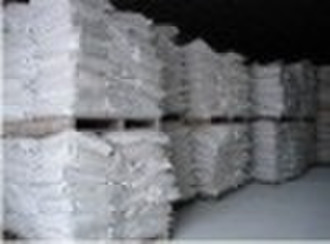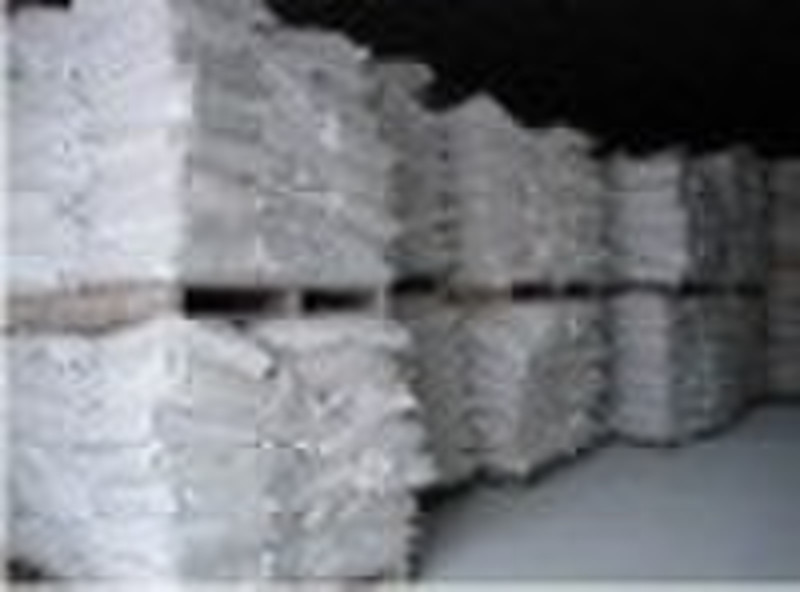Katalog
-
Katalog
- Auto & Motorrad
- Bauwesen und Immobilien
- Bekleidung
- Büro- und Schulartikel
- Chemikalien
- Dienstleistungen für Unternehmen
- Eisenwaren
- Elektrische Geräte & Zubehöre
- Elektronische Bauteile
- Energie
- Galanteriewaren
- Geschenke und Kunsthandwerke
- Gesundheit und Medizin
- Gummi und Kunststoffe
- Haus und Garten
- Haushaltsgeräte
- Koffer, Taschen & Hüllen
- Landwirtschaft
- Lebensmittel und Getränke
- Licht und Beleuchtung
- Maschinen, Geräte und Werkzeuge
- Maschinenteile und Herstellung Dienstleistungen
- Messapparat und Analysegerät
- Mineralien und Metallurgie
- Möbel
- Schuhe und Accessoires
- Schönheit und Körperpflege
- Service Geräte und -Ausstattung
- Sicherheit und Schutz
- Spielzeuge und Hobbys
- Sport und Unterhaltung
- Telekommunikations
- Textil und Lederware
- Transport
- Uhren, Schmuck, Brillen
- Umweltschutz
- Unterhaltungselektronik
- Verpacken und Drucken
- Werkzeuge
- Überschüssiger Warenbestand, Lager
Filters
Search
PVA-Harz
original-Preis: 2 000 USD
Xiamen, China
Produktionskapazität:
1000 Tonne / Monat

xiting Wang
Kontaktperson
Basisdaten
| CAS-NR. | 9002-89-5 |
|---|---|
| andere Namen | polyvinyl alcohol |
| MF | (C2H4O)n |
| Ort der Herkunft | Fujian China (Mainland) |
| Geben | Synthetic Resin and Plastics |
| Marke | HWE |
| Modell-Nummer | HWE |
| Reinheit | 100% |
PVA RESIN1.Product Performance PVA resin is a kind of high polymer. It is white or light yellow floc, Granular or powdery in appearance. Its molecular formula is[CH2CHOH]n,and the molecular formula for some of the PVA is -[CH2CHOH]n-[CH2CHOOCCH3]m-. PVA is non-toxic, insipid and harmless. PVA is water-soluble and the solvent provide good viscosity and film building. It can withstand oils, lubricants, hydrocarbons and most other organic solvents. PVA has better chemical stability and insulatibility, and provide ease in firm building; It possess the typical chemical properties of polyols and can carry out process of esterification, etherealization, aceatalization etc.paint2.Product Usea.textile industry:PVOH is mainly used as a warp dressing agent, textile finishing agent and the raw material of vinylon;b.construction :upholstery industry 107 glue, it's used as an additive of cement and mortar, inner and outer wall paints, and moulding board binderc.chemical industry: it's used as a polymer emulsifying agent, dispersing agent and used to produce PVOH formal, PVOH acetal and PVOH butyral.d.paper industry:It's used as an adhesive in lumbering and paper-making industries.e. agriculture: used as a soil improving agent, pesticide reinforcing agent and PVOH thin filmf. used as a well-fixing agent in petroleum exploitation.g. It can also be used into cosmetic, medicine, printing, ceramics, steel-making, electronics and plating.3.Dissolving Temperature, thickness and timePVA products dissolvent ability is determined by the degree of alcoholysis and polymerization. When polymerization increased, the ability to dissolve will reduced. Likewise, when the degree of alcoholysis decreased, the dissolvent temperature will reduced and water solubility will increase. Fully alcoholysed PVA products are more sensitive to temperatures changes. Such products cannot dissolve or experience partial swell in properties when temperature falls below required degree. Blending will be difficult and foam created should the temperature exceed the required degree for partial alcoholysis products. Temperature must be controlled at acceptable range for ease of dissolving. Product NameAlcoholysis degree(mol/mol)Viscosity(mPa.s)sodium acetate(≤)Volatile constituen(≤)Ash content(≤)PH value17-99≥99.820.0-32.07.08.03.07-1024-99≥99.855.0-65.07.08.03.07-1020-99≥99.832.0-42.07.08.03.07-1005-8886.0-90.04.0-6.01.540.55-717-8886.0-90.020.0-26.01.540.55-717-9290.0-94.020.0-30.01.540.55-717-9998.0-10021.0-31.01.540.75-720-8886.0-90.027.0-34.01.540.55-720-9290.0-94.029.0-36.01.540.55-720-9594.0-96.031.0-38.01.540.75-720-9796.0-98.033.0-40.01.540.75-720-9998.0-10035.0-44.01.540.75-724-8886.0-90.044.0-50.01.540.55-724-9998.0-10055.0-64.01.540.75-726-8886.0-90.050.0-58.01.540.55-726-9998.0-10064.0-70.01.540.75-7
Lieferbedingungen und Verpackung
Hafen: xiamen port.china
Zahlungsbedingungen
Documents Against Acceptance
Documents Against Payment
Letter of credit
Telegraphic transfer
MoneyGram
-
Zahlungsarten
Wir akzeptieren:









